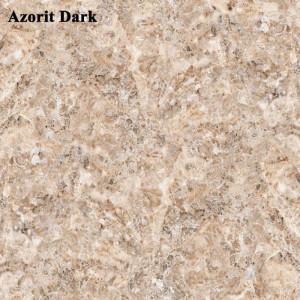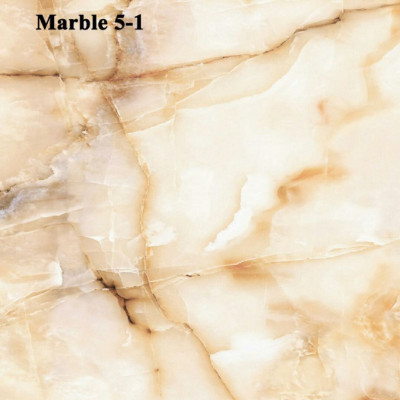| Tania Ceram |




| Registration Date | 29 Sep 2018 |
| Revision Date | 29 Sep 2018 |
| Share |
Construction Masonry Materials
TileZinc oxide
ZnO Nanoparticle /Nanopowder CAS Number : 1314-13-2In different size and dimensions Different kinds of patterns and colors Having antibacterial properties The products antibacterial activity was evaluated according to standard number ISIRI 10900, “Evaluation of antibacterial activity on plastic and other non-porous surfaces. Antibacterial activity is an index of products ability to remove contacting bacteria, which is obtained by logarithmic comparison of number of bacteria existing on witness and product sample after 24 hours of being in contact with the bacteria. According to the mentioned standard, antibacterial activity between 2 and 3 is meaningful, and it will be high for over 3.
Ceramic tiles possess excellent appearance and chemical durability and are widely used in various areas such as hospital environment and house. The placement of ceramics in environments that are usually exposed to various types of contamination can lead to the presence and replication of bacteria and microorganisms on the surface, which can endanger human health. Regarding this, the need for repeated washing and the use of disinfectants is necessary. But the use of these materials also causes the loss of cement and mortar between the ceramics due to its acidic nature and its volatile gases, in addition to producing respiratory problems for the person who rinses. Therefore, the use of a ceramic that has antibacterial properties on its own can be effective in solving these problems.
Zinc oxide nanoparticles have excellent anti-bacterial properties and are able to eliminate many types of bacteria. Nanoparticles of zinc oxide penetrate into the walls of bacteria and microorganisms and disable them in terms of performance, growth and reproduction. These nanoparticles can be mixed with ceramic glaze as additive and create antibacterial properties on it.